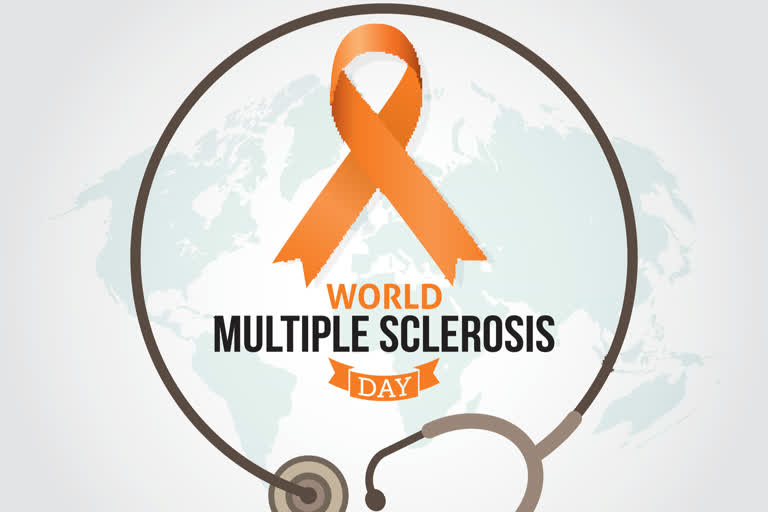Every year, World Multiple Sclerosis Day is celebrated on 30th May, with the main motive to spread awareness about this condition and to support people living with it throughout the world. It was first initiated by the Multiple Sclerosis International Federation (MSIF) in 2009. There are around 2.3 million people living with it worldwide.
The Multiple Sclerosis Society of India (MSSI) explains, “Multiple sclerosis is a chronic, unpredictable disease of the central nervous system (CNS), which is made up of the brain, spinal cord and optic nerves. It is thought to be an immune-mediated disorder, in which the immune system incorrectly attacks healthy tissue in the CNS. Because MS causes damage in the CNS, nearly any function can be adversely affected”.
The symptoms of Multiple Sclerosis may vary from a person to person and are sometimes even unpredictable. MSSI and MSIF states the following symptoms that can be recognized in a person:
- Blurred Vision
- Loss Of Balance
- Poor Coordination
- Slurred Speech
- Tremors
- Numbness
- Extreme Fatigue
- Problems With Memory And Concentration
- Paralysis
- Blindness
- Pain
- Bladder And Bowel Issues
- Sexual Dysfunction
Some studies have shown that genetic factors may increase the risk of a person suffering from it. However, there is little evidence that it is directly inherited. MSSI states. “Environmental factors, such as low Vitamin D and cigarette smoking have also been shown to increase the risk of MS. MS occurs in most ethnic groups, including African-Americans, Asians and Hispanics/Latinos, but is most common in Caucasians of northern European ancestry”.
Currently, there are no such treatments to completely cure MS, but there are certain medications and therapies, that help alleviate and improve the symptoms. Moreover, a healthy diet, exercise and rehabilitation are also helpful.
Today, amidst the pandemic, people living with MS are not in the high risk group of getting infected with COVID-19. However certain factors like underlying medical conditions, age, limited mobility, medication and therapies that may lower immunity, etc. might increase the risk. Therefore, it is recommended that people with MS should follow all the precautions as advised by the government and health authorities and prefer tele-consultation over physically visiting a doctor, along with stocking up medications and taking them as prescribed.



